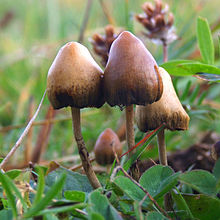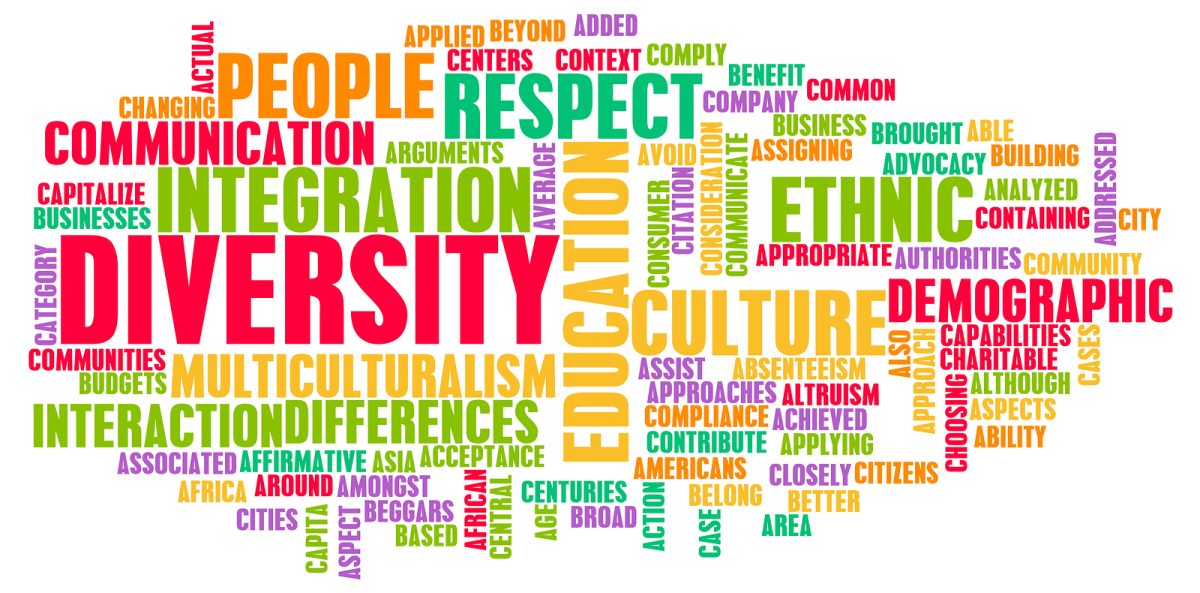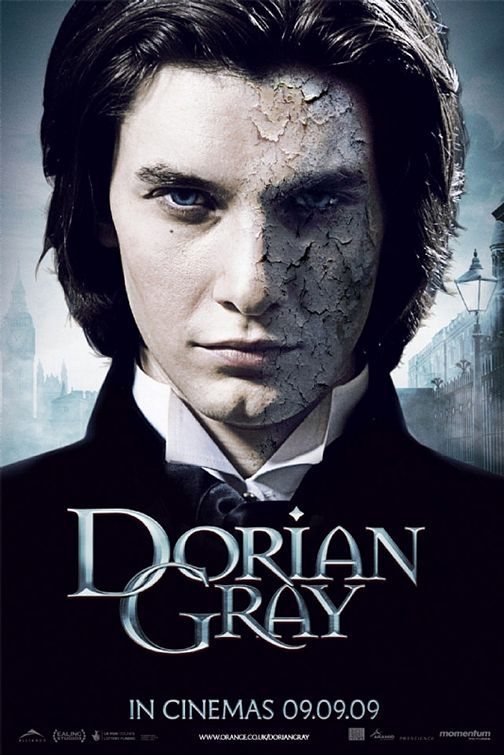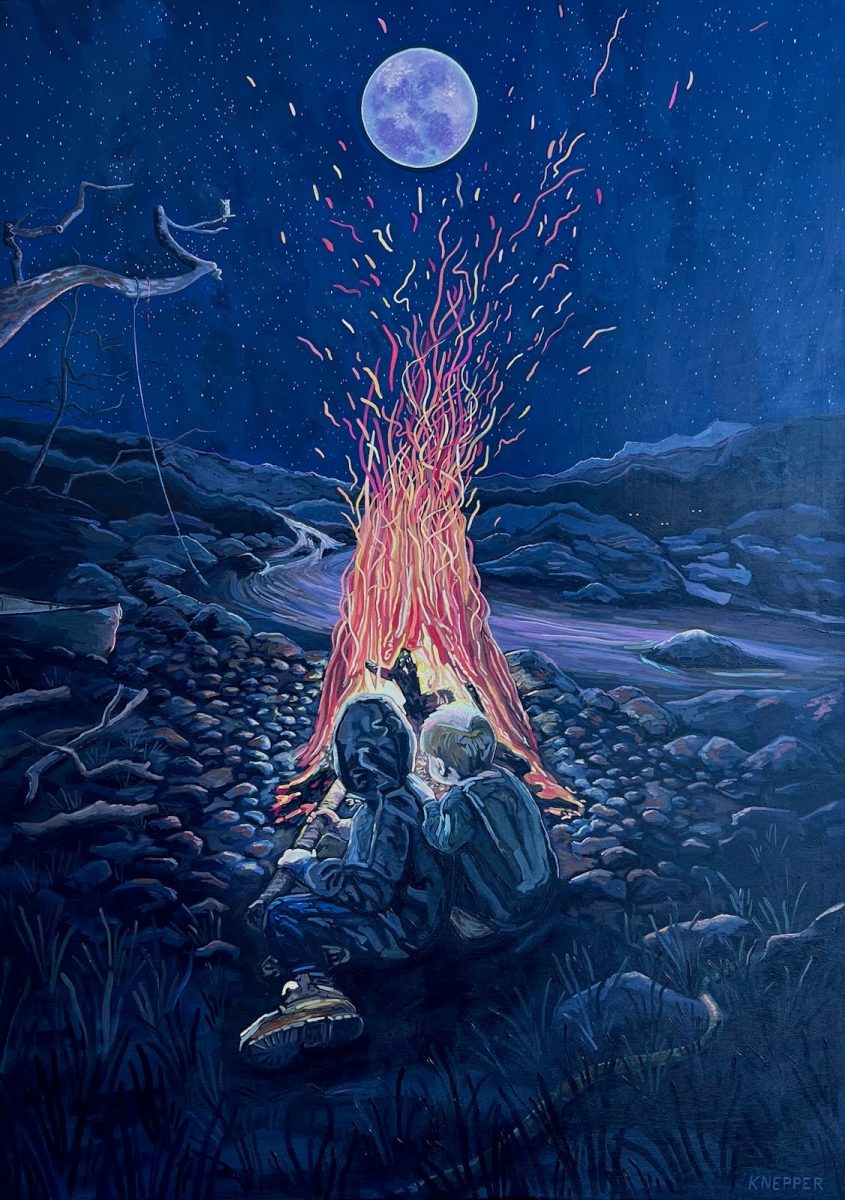Psilocybin and Mental Health

December 8, 2016
Recently a test study was done at Johns Hopkins University that involved cancer patients, therapy, and psychedelic mushrooms. It may seem hard to believe, but it’s true. Researchers from fields of pharmacology to neurology have been forever curious of psychedelic plants and compounds for decades, ever since the first discovery of psychedelic compounds in the west, with the accidental founding of Lysergic Acid Diethylamide by Albert Hoffman in the 1950’s. From the late 50’s to the early 70’s these compounds have been researched and tested heavily to see if there could be any use for them, but it ended abruptly when the United States government classified these drugs as a schedule one substance, as in it is said to have no potential medical use at all, and that it will do more harm than good. It was reported that people who took these substance had the potential risk of having a psychotic episode/breakdown, and that it can set a spark for extreme mental illnesses such as psychosis or schizophrenia.
Since then there hasn’t been much research conducted until 1999 when Roland Griffiths of Johns Hopkins was one of the first to conduct more research into psilocybin, which is the main chemical compound in psychedelic or “magic” mushrooms (1). Roland Griffiths is a clinical pharmacologist that has had a wide curiosity of mind and mood-altering substances, and psilocybin has sparked his interest profoundly, and his research has shocked the world. These recent studies that were released has made headlines, because they tested cancer patients that were near death, and doing this with a compound that could potentially cause psychotic breakdowns is basically begging for a lawsuit.
In Roland Griffith’s studies, he gathered 80 near death cancer patients, and he first sent them through a very strict schedule of psychological counseling as to make sure none of the test subjects experienced any traumatic or psychotic episodes, and for the actual trials they gave them laboratory-synthesized psilocybin. The test subjects, when given the substance, fist experienced anxiety as the symptoms slowly started to come on, but luckily therapists and scientists with familiar faces were there in the room with them to comfort the subject, as to keep them calm and grounded. It is reported that, “More than three-quarters reported significant relief from depression and anxiety… improvements that remained during a follow-up survey conducted six months after taking the compound…” (1). The whole point of this experiment was to see if under certain conditions, if near death patients took psilocybin, a compound not only known for psychotic episodes but also profound spiritual experiences, then what would happen to them psychologically? Almost all of the patients said that they no longer had an anxiety or fear of death, and that their experience was deeply spiritual, and some even reported it was probably the most meaningful experience they had in their life.
What this means is that there are still many things unknown to both scientists and society about psychedelic substances. This is highly progressive for western medicine, and for a society that deems these types of compounds “evil” or “bad”. This, though, to make things clear, is not advocating for people to go out and purchase psychedelic drugs from shady dealers, as it is more of a study saying maybe there is more to these compounds than meets the eye, and that there are great possible benefits that come from these substances, but that there is still a lot more to be done before they can be put in controlled clinical uses in the modern world.
Sources:
(1): https://www.scientificamerican.com/article/psilocybin-a-journey-beyond-the-fear-of-death/




























